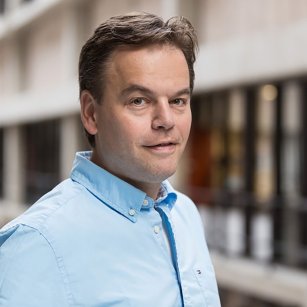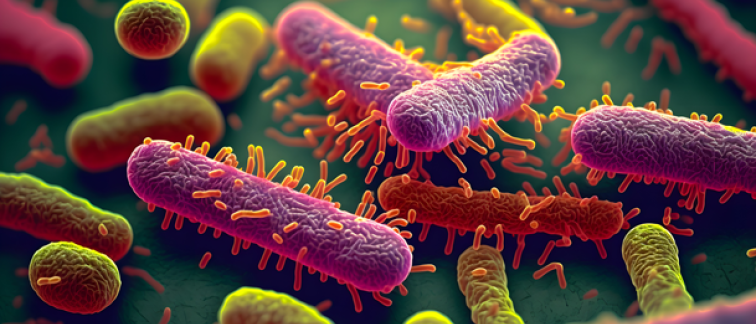By working together with all 18 academic institutions across the Netherlands, Reits and his colleagues were able to build a case for investing in an ultra-competitive top-notch integrated microscopy infrastructure that will serve the needs of PIs in the Netherlands and beyond, now and in the future.
Connect state-of-the-art technologies
NL-BioImaging-AM (NL-BI) is the Dutch infrastructure network for advanced light microscopy in life sciences integrated in the ESFRI program Euro-BioImaging and closely linked to the Dutch Society for Microscopy (NVvM). NL-BI will develop and connect state-of-the-art technologies and services for functional imaging of live processes to investigate phenotypic heterogeneity, responses, and mechanisms. A dedicated national FAIR data-management and analysis team will link all Dutch microscopy facilities, and enable greater reuse, mining, and interlinking of large amounts of image data generated using novel artificial intelligence (AI) tools.

High-content and functional imaging will create the necessary fundaments to integrate microscopy with the omics technologies (‘visual omics’), requiring on-the-fly data analysis and smart microscopy. By connecting these components, NL-BI will enable fundamental insights and innovative applications, such as development of biomarkers, vaccines, and personalized medicine for complex disorders as cardiovascular disease, cancer, diabetes, and neurodegenerative disorders.

